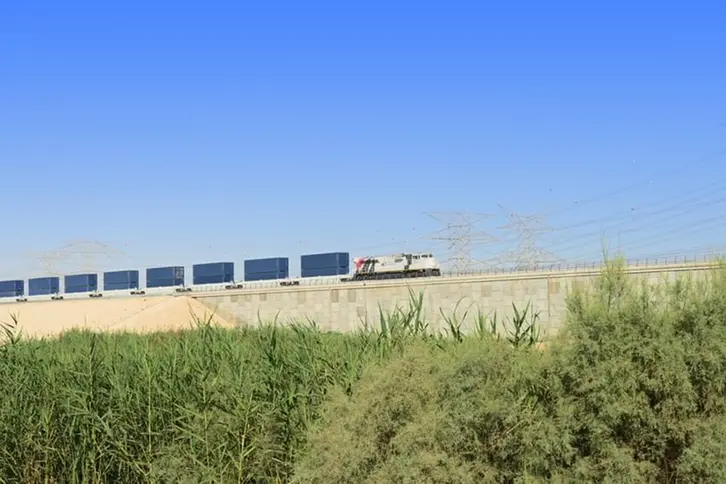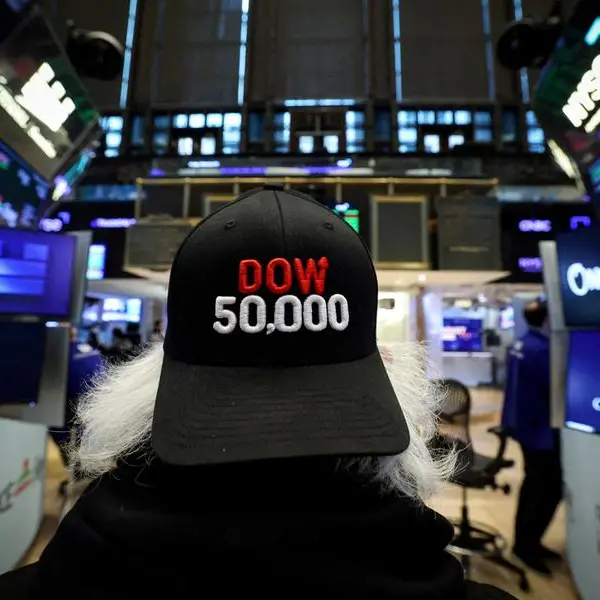PHOTO
The Emirati rail operator and developer has never before issued bonds or sukuk internationally and given the relative lack of Middle East corporate supply, ESG labelled or not, a deal could generate good interest among investors.
“Middle East corporates are underrepresented in the market at the moment,” a portfolio manager said.
“Overall, we are underweight the Middle East in our EM portfolios because it is mainly the sovereigns and related entities that issue and valuations are very tight in this space. But what we would like to see is more corporates; that would offer more spread,” he said.
A second fund manager also said that she would be keen to see more Middle East corporate bonds but acknowledged that given many of the region’s companies have access to cheaper bank funding, bond issuance does not always make sense for borrowers.
Etihad Rail is owned by Abu Dhabi sovereign wealth fund ADQ. In a statement released on Wednesday, the company said the framework was designed to link its financing to its ESG strategy, which spans clean transportation, green buildings and pollution prevention and control.
First Abu Dhabi Bank and Standard Chartered were advisers on the framework and there is a second-party opinion provided by Det Norske Veritas.
Etihad Rail’s network connects industrial and commercial hubs across the emirates with 11 terminals, including four major ports. The company is also developing passenger services. Etihad Rail is also involved in a joint venture with the government of Oman, which is aiming to connect Abu Dhabi with Oman’s Sohar.
Source: IFR





















